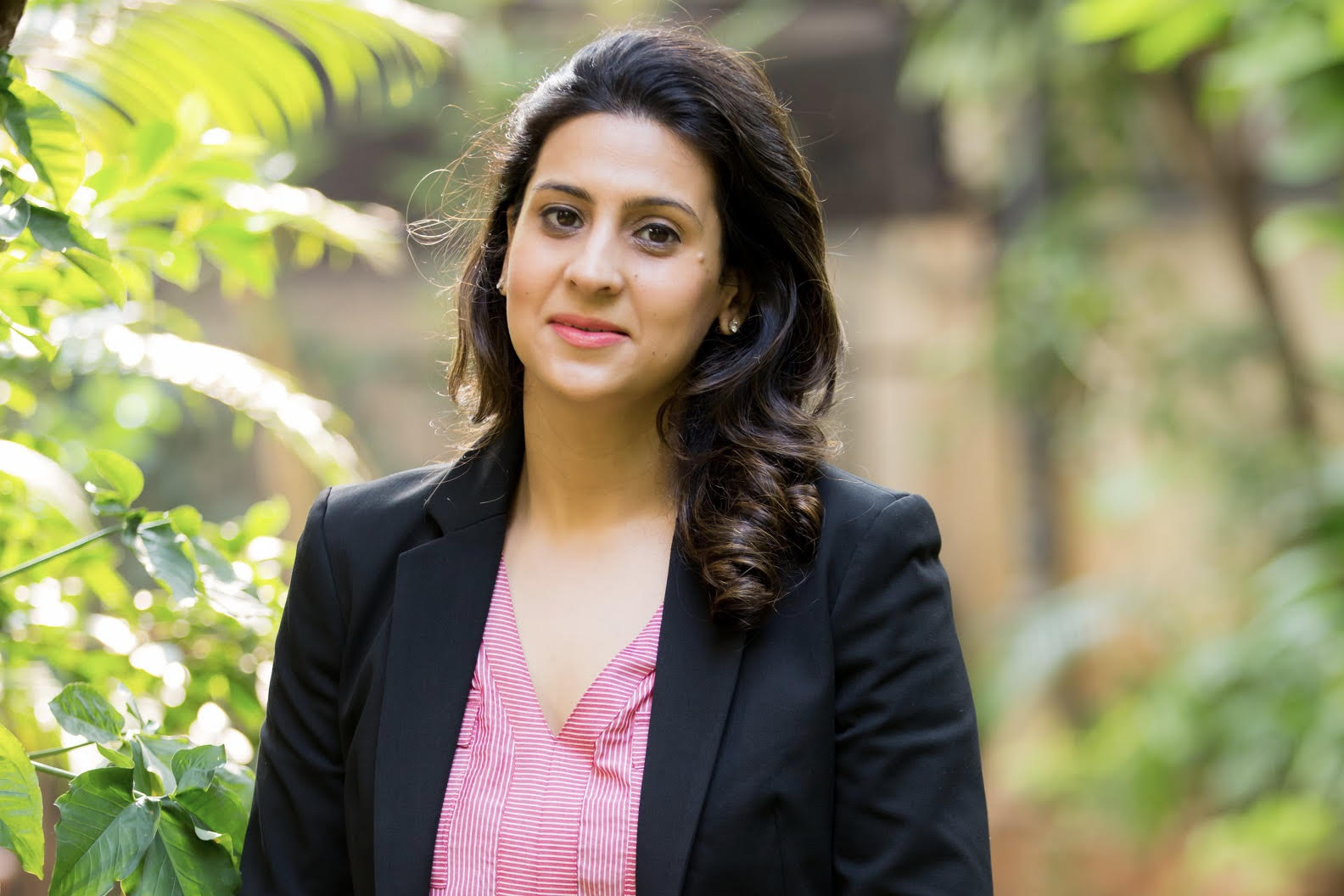We have all been acquainted with the symptoms of Post-Traumatic Stress Disorder (PTSD) wherein an individual relives a traumatic experience even though the traumatic event may not be present anymore. For residents of NYC it is 9/11, for Mumbai we have 26/11.
The emotional numbing, detached persona, avoidance of places and people are defining features of the traumatic individual. Flashes of the trauma reoccur and re-experiencing the trauma may lead to nightmares. COVID-19 and the loss of lifestyle and life has now become a traumatic reality.
Few months into the new normal, frontline workers who have adapted and rewired the brain seem to now be suffering from compassion fatigue. Charles R Figley (2012) described this as the emotional and physical exhaustion that professionals and caregivers experienced over time in their selfless journey while absorbing the suffering and pain of others. Gradual desensitisation to the patients experience, increased rate of panic attacks, feeling low, increased aggression, isolation are some of the reported effects.
Lisa McCann and Laurie Anne Pearlman (1990) spoke about vicarious trauma, a downward negative transformation that an individual experiences when they work with traumatic survivor clients. Many healthcare workers have lost family members without expressing their last wishes to their loved ones and continue to live with feelings of guilt, blame, and anger. A Mumbai-based doctor recently narrated the story of how he lost his father in the isolation ward and his death was not only a shock but also redefined entire cultural norms and values of what this new normal looked like.
Grieving in the Indian setup was a shared experience with rituals and ceremonies lasting days praying for safe passage of the departed soul and dealing with death in the connectivity of family and friends.
Are we seeing more doctors getting frustrated or increasing their intake of substances such as alcohol and nicotine to cope? Constant physical ailments such as headaches, fatigue and the lack of maintaining strong emotional boundaries between the work and family life is leading to a failure of empathetic discernment. Mental exhaustion is an inability to make the decision of selecting the appropriate empathetic response for both the client and self (Radley & Fidley, 2007). Healthcare providers seem to be losing the empathy and compassion, which is the essence of their profession. The environment is covered by a cloud of compassion stress and this stems from the demands that the healthcare community is putting on themselves to help those in need and relieve people of their suffering.
Is it possible for our doctors, nurses to now achieve satisfaction and joy from their job of relieving others of their distress despite the uncertainty of the disease and high rates of death? George Everly & Flynn (2005) devised the RAPID model, a Psychological First Aid (PFA) toolkit for healthcare professionals dealing in circumstances of trauma.
Reflective listening, assessment, prioritiation, intervention, disposition and follow-up are some key personality characteristics and skills that help build individual and community resilience. A key focus in this process of providing PFA is not becoming a victim in providing self-care to others. In my experience of providing help and empathy to others, on several occasions I need to pinch myself and remind myself to BREATHE.
B– Breathe mindfully: The stress, pain and anger of the patient and relatives can have a negative impact on the mind. If not physically, the mind tends to drain out at the end of the working hours. The heavy head, constantly wanting isolation, seclusion and space when you are back home may be telling signs of fatigue. A progressive muscle relaxation is an effective behavioural strategy to attentively tense the muscles of each part of the body starting from the toes, ankles, calves, abdomen, stomach and moving upwards to the chest, shoulder, face muscles and finally relieving and relaxing the mind.
R- Reason and rationalise the demands from yourself and others: As a practitioner of rational emotive behavioural therapy (REBT), I believe that the thought patterns and belief system are connected to the emotional and behavioural response of the organism. The norms of society have constantly reinforced that healthcare workers need to be compassionate, empathetic, patient, caring and polite. However, in high and prolonged levels of distress you can break down and react. Try and rationalise these episodes and bring in a balanced perspective to the situation by asking yourself, “What would be helpful in this situation?”
Standardisations and protocols set by institutions, hospitals or political leadership may not be perfectly met during rough times. Allow room for rejection, failure and imperfection simply by changing your own thought process rather than focusing on changing the other. Create a firm boundary on things which are in your control and which are not.
E- Emote and engage in activities to reduce distress: The human experience is not only about thinking but about feeling as well. As we use the rational aspect of the mind you can sometimes forget about your own feeling to a perceived experience. Remind yourself to self-talk to enquire, “How was my day today? What did I feel about my experience with my patients? How can I place this demand of being happy in a pandemic? Is it normal for a doctor to experience sadness as a state?
A- Assert and accept: Assertiveness entails respecting your own self and the opinions and desires of the other. Many patients could be aggressive and panic in their pain while coming to hospitals and emergency rooms. Choose to reaffirm and reassure your opinion while respecting the fear of the other. Communication is important. In helplessness and grief remind yourself that you worked with your expertise and skills to your best ability.
T- Tighten your values and beliefs: in order to be kind and compassionate to the outside world one needs to discover the self. Develop the ability to tolerate discomforting situations by believing in yourself and the greater good. Self-love, self-care and self-knowledge increase one’s capacity to cope with the adversities of life and the distress of the other. Remember sulking, ruminating, critically evaluating and judging the self or the other are obstacles in moving towards one’s goals.
H- Humour: Teaches us to laugh on our shortcomings. Humour on social media, television, or simply through music diffuses the painful reality and allows us to depersonalise the experience.
E- Empathise with yourself. Empathy is feeling what the other is experiencing. In the modern era we see individuals detached from the self simply moving mechanically to achieve set targets. It’s not uncommon to see personalities change based on their role that has been assigned to them rather than the individual defining the role through their creativity and individuality.
It’s time to cherish the gift of life. Nurturing has always been an important ingredient in protecting our species. As stated by the Dalai Lama, “Love and compassion are necessities, not luxuries. Without them humanity cannot survive.”


